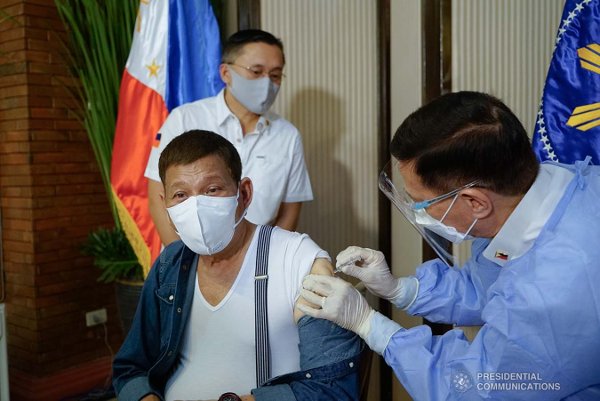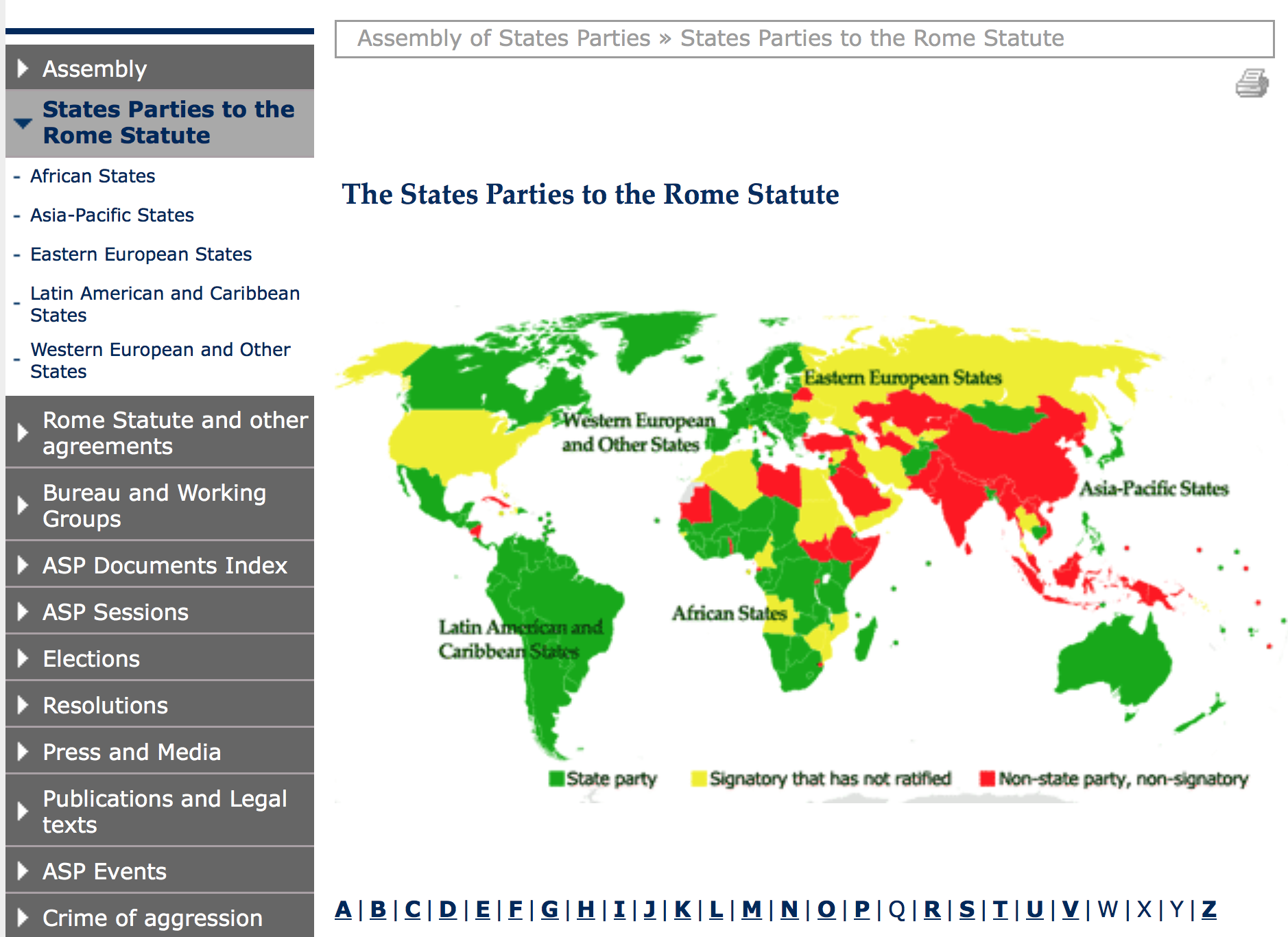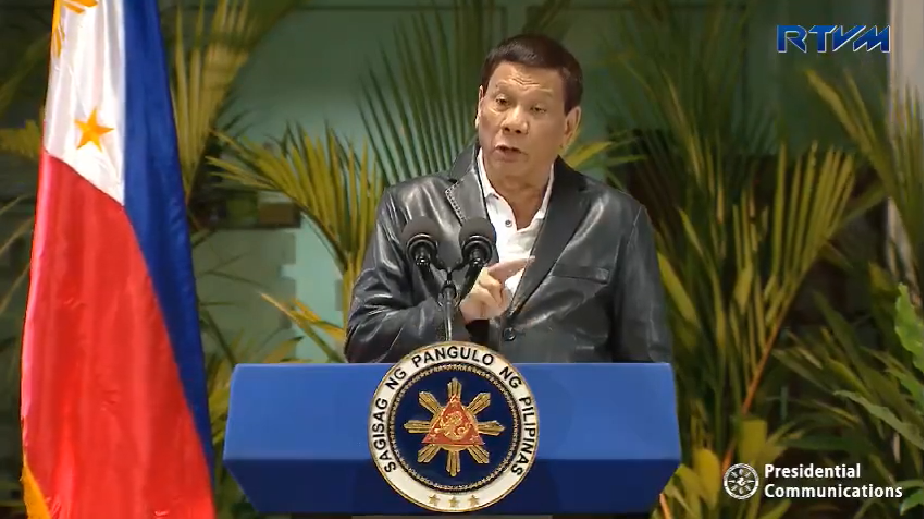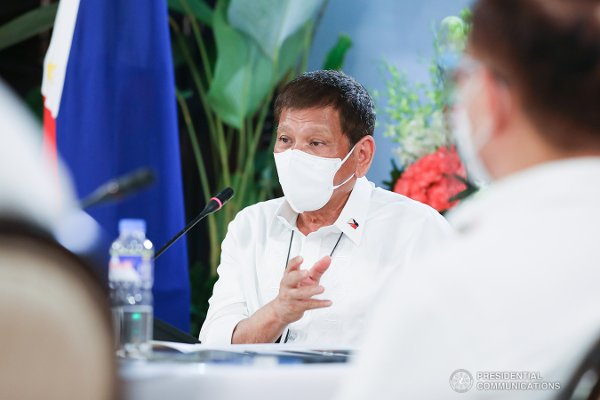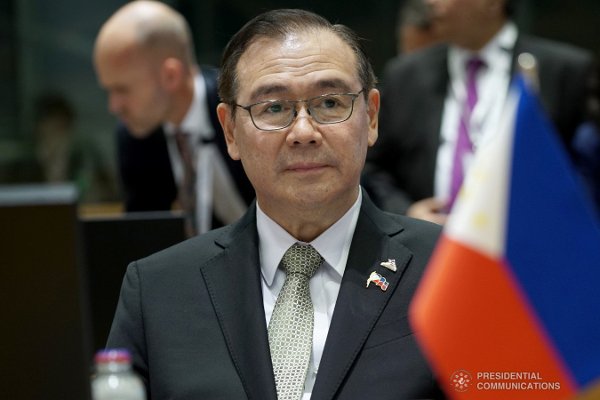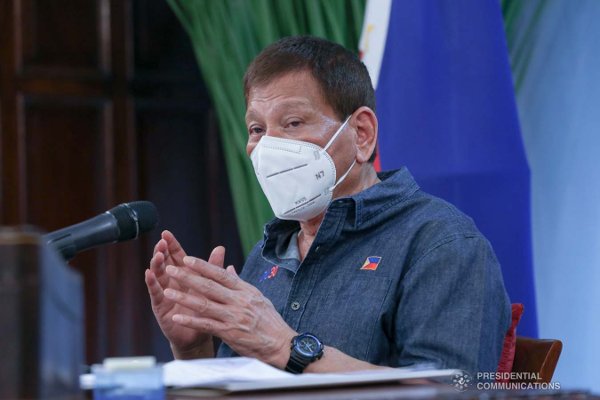It is no longer surprising that President Rodrigo Duterte backed out of a debate with retired Supreme Court associate justice Antonio Carpio over the West Philippine Sea issue.
When I heard him challenge Carpio on his late-night “Talk to the People” episode on May 5, I dismissed it as part of his usual bravado. I also did not expect that Carpio would take up the challenge.
What came as a surprise was how Duterte turned away from a much-anticipated face-off that could have shed light on some issues behind the Philippines’ legal victory over China’s claims in the West Philippine Sea and the past and present administrations’ handling of China’s occupation of the territorial and maritime areas within the Philippines’ 200-nautical mile boundaries.
While we heard the President himself challenging Carpio to a debate, we got the news that he had changed his mind from Palace spokesman Harry Roque Jr., who claimed that he had been designated to debate the former Supreme Court justice over whether the country may enforce the July 2016 ruling of the Permanent Court of Arbitration in favor of the Philippines amid recent incursions of China in contested waters, which critics claim undermined the country’s sovereignty.
Duterte claimed that Carpio and former Foreign secretary Albert Del Rosario were responsible for the withdrawal of the Philippine Navy forces at Mischief Reef (Panganiban Reef) that resulted in the Chinese taking over the ridge off Palawan during the time of President Benigno Aquino 3rd. (The President misspoke. The standoff involved Scarborough or Panatag Shoal, not Mischief Reef.)
Carpio and Del Rosario led the Philippine case against China’s territorial claims before the Permanent Court of Arbitration at The Hague, which came out with a landmark decision in July 2016 upholding the country’s exclusive economic zone. However, China refused to recognize the arbitral court’s ruling as it questioned its jurisdiction over the dispute and asserted that its claims have historical basis and are “indisputable.”
Duterte said Chinese President Xi Jinping had told him that the “noisy” officials, referring to Carpio and Del Rosario, have practically gifted the disputed area to China as he was warned to not pursue his threat to go to the disputed territory and plant the Philippine flag there to assert ownership because that would certainly mean trouble.
In an expletive-laden monologue, the President said: “Niregalo, namimigay ang mga p*****. Tapos you have the temerity to blame anybody for your . . . in diplomatic term, “faux pas.” Tapos ako ang bintangan ninyo na it happened way back in 2014 when the Philippine Coast Guard was ordered to retreat by . . . Ewan ko bakit. Alam mo mayor ako noon pero gusto kong sabihin sa military bakit kayo nakikinig diyan sa p***** i**** ’yan. Bakit kayo mag-retreat? Hindi nga Pilipino ang mukha niyan. Tignan ninyo. Oversized. And he made the order after the suggestion of America who brokered the talks. In a sense, the talks failed in favor of China. So umatras tayo doon na nagkaleche-leche ang buhay. Ngayon pagdating ko nandiyan na ’yong barko, ang mga ulol itong dalawa ako lang ang pagbibintangan kasi I am not asserting enough.”
(They gave it away. Then you have the temerity to blame anybody for your . . . in diplomatic term, faux pas. Then you blame me for something that happened way back in 2014 when the Philippine Coast Guard was ordered to retreat by . . . I don’t know why. You know, I was a mayor then, but I wanted to ask the military why you were listening to these [sons of a bitch] Why did you retreat? He does not look like a Filipino. Look! Oversized. And he made the order after the suggestion of America who brokered the talks. In a sense, the talks failed in favor of China. So we retreated and that’s when our lives started to get messy. Now, when I came in, [China’s] boats were there, and these two fools are blaming me because I am not asserting enough).
Duterte vowed to resign if he would be proven untruthful on his assertion that Carpio had a hand in the withdrawal of the Philippine troops from “Mischief Reef.”
In accepting the challenge to a debate “gladly,” Carpio dared the President to “resign immediately to keep his word of honor.” Saying that while he had limited knowledge on the issue because he was then serving in the Supreme Court, Carpio declared that he “was never involved in the decision to withdraw Philippine Navy ships from the West Philippine Sea during the 2012 Scarborough stand-off.”
It would have been an interesting verbal match as Carpio promised to present as witnesses former president Benigno Aquino III, the Defense secretary, Foreign Affairs secretary and the chiefs of the Philippine Navy, Air Force and Coast Guard at the time.
But to the dismay of those awaiting what would have been a great debate, Roque said Duterte was advised by his Cabinet not to pursue it because it would not benefit the Filipinos, that the two parties were not on equal footing as Duterte is a sitting president while Carpio is just an “ordinary lawyer,” and that whatever the President says during the debate will affect government policy.
In a way, it is good that the debate will no longer happen. It would be painful to witness the President either grappling for words to avoid profanities or talking with expletives and personal insults as opposed to Carpio’s eloquent and diplomatic tone.
It is not easy to understand Duterte’s defense of China, except when he is reading from a script or a prepared speech, such as what he delivered during the 75th session of the United Nations General Assembly in September 2020 when he declared that the Philippines “firmly rejects” attempts to undermine the 2016 arbitral ruling, which he acknowledged then to have become “part of international law” that is “beyond compromise and beyond the reach of passing governments to dilute, diminish or abandon.”
Last week, however, the president dismissed the same ruling as a mere “(piece of) paper” that he could “throw into the wastebasket.”
He regards China highly, saying that it “remains to be our benefactor.” He said the territorial dispute with China does not give the Philippines reason to be rude and disrespectful. “We have many things to thank China for the help in the past and itong mga tulong nila ngayon (and its assistance nowadays),” referring to the COVID-19 vaccine donations.
The president has thanked China at almost every occasion for its donation of 1 million doses of COVID-19 vaccine, but has barely expressed gratitude to the World Health Organization-led COVAX (COVID-19 Vaccines Global Access), a global initiative aimed at equitable access to COVID-19 vaccines that has so far sent 2.56 million doses of AstraZeneca. COVAX has committed to provide 44 million doses of the vaccine, of which 33 million are for free and the remaining 11 million at a discounted rate.
The Philippines is buying 25 million doses of China’s CoronaVac from Sinovac Biotech at roughly P700 per dose.
Duterte has said on several occasions that he would not antagonize China because he did not want trouble. In a speech on April 29, he repeated: “We do not want war with China. China is a good friend. … Mayroon tayong utang na loob na marami pati ‘yong bakuna natin (We have a huge debt of gratitude, including the vaccines).”
While utang na loob (debt of goodwill/gratitude) is a great Filipino cultural trait, it sometimes leads one to a blind loyalty that can be unhealthy and unprincipled, especially when it is equated with indebtedness over territorial claims.
The views in this column are those of the author and do not necessarily reflect the views of VERA Files.
This column also appeared in The Manila Times.
